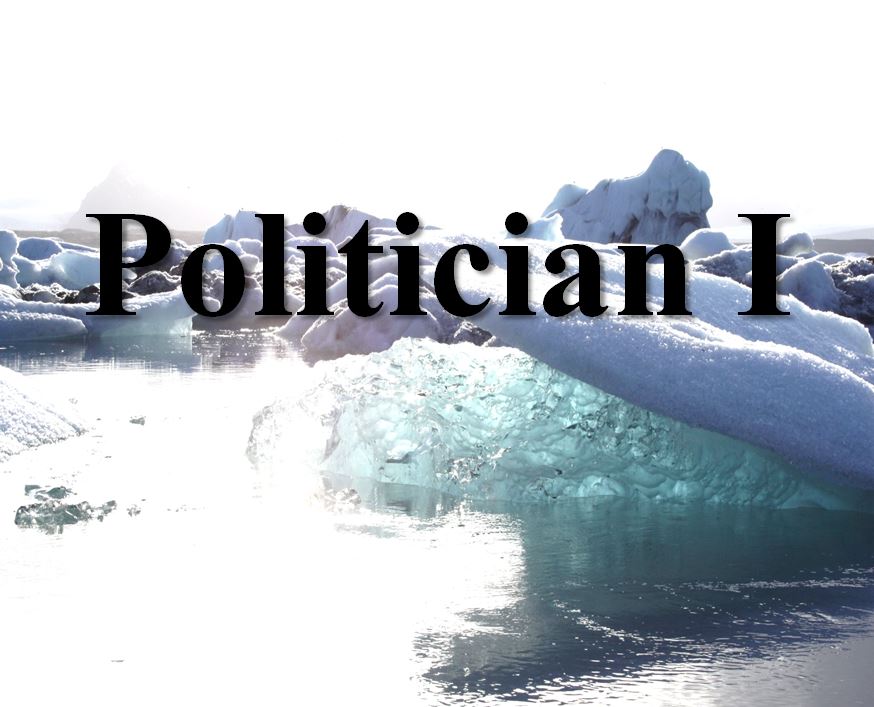“Given the inherent uncertainties in climate models, should climate mitigation and adaptation policy rely on the models?”
For this role play, we defended the position of green conservative politicians from the party Ökologisch-Demokratische Partei, whom believe in climate change but do not trust model results for prescribing mitigation and adaptation policies.
Backed up by model sceptical scientists, we argued that climate models are extremely uncertain (climate sensitivity ranging from 2.1 to 4.7 °C), largely due to unpredictable socio-economic impacts. Much of the conversation revolved around the ability of models to describe past climate vs. project future climate scenarios. Whilst there was a general consensus that models adequately describe natural phenomena, the accuracy of models in projecting human behaviour was questioned. This lead to the very interesting questions whether we can trust ‘natural’ models more than ‘human’ models, and whether we have a better understanding of natural phenomena than human behaviour.
The model advocates argued that they need guidance to address the issues which climate change is posing, and that models are currently the best way to obtain such guidance. They asked us what an adequate alternative for implementing policies would be, and this was indeed the question that we struggled the most with when preparing this role play.
We then used the example of Germany, who failed to meet its target of reducing GHG emissions by 40% by 2020. This was an examle where policies dictated by climate models failed due to their inflexibilty to unexpected socio-economic impacts and population growth. Instead, we proposed that policy decisions should be made to improve the health and wellbeing of the German population, regardless of model projections and temperature targets. Germany has the potential to generate 50% of its energy needs from renewable energies. The advantage of renewables over brown coal are manifold: less pollution, lower health risks and elimination of unpleasant coal mines. These advantages are all in addition to the positive effects renewables would have for the global climate. Thus, if Germany acted on a national scale, with the goal of simply improving the wellbeing of its population, it would also do its part on a global scale to combat rising temperatures. We also argued from an economic view point; regardless of climate models and rising global temperatures, fossil fuels will eventually run out. It makes sense to transition to a renewable energy economy now, strengthening Germany’s postion in the market early on rather than waiting until fossil fuels run out and we have to rely on other countries for renewable energy until we build up our own green economy.
Another critique we expressed was the mismatch in timescale between model projections and the ruling time of a political party. Whilst models commonly make projections until the end of the century, most political parties are only in power for a few years.
The main outcomes of this role play may be summarized as follows:
-Whilst models may accurately describe past climate trends, this does not imply that they can accurately make projections about future climate trends.
-The largest uncertainties in models stem from socio-economic impacts; whilst the laws of nature are (relatively) well understood and can be modelled accurately, human behaviour remains a mystery and cannot be accurately descirbed by models (an example given here by the sceptical scientists was the failure of economic models to predict the 2007 Financial Crisis)
-When asked what alternatives exist other than models for policy making, both the sceptical scientists and us struggled. Whilst we argued that governments should use the economic, social and medical wellbeing of its population as benchmarks for policy prescriptions, in my opinion this was quite a weak argument. However, we could not come up with a better answer, making us realize the importance and difficulty of this question not only in our role play, but also in the real world.

